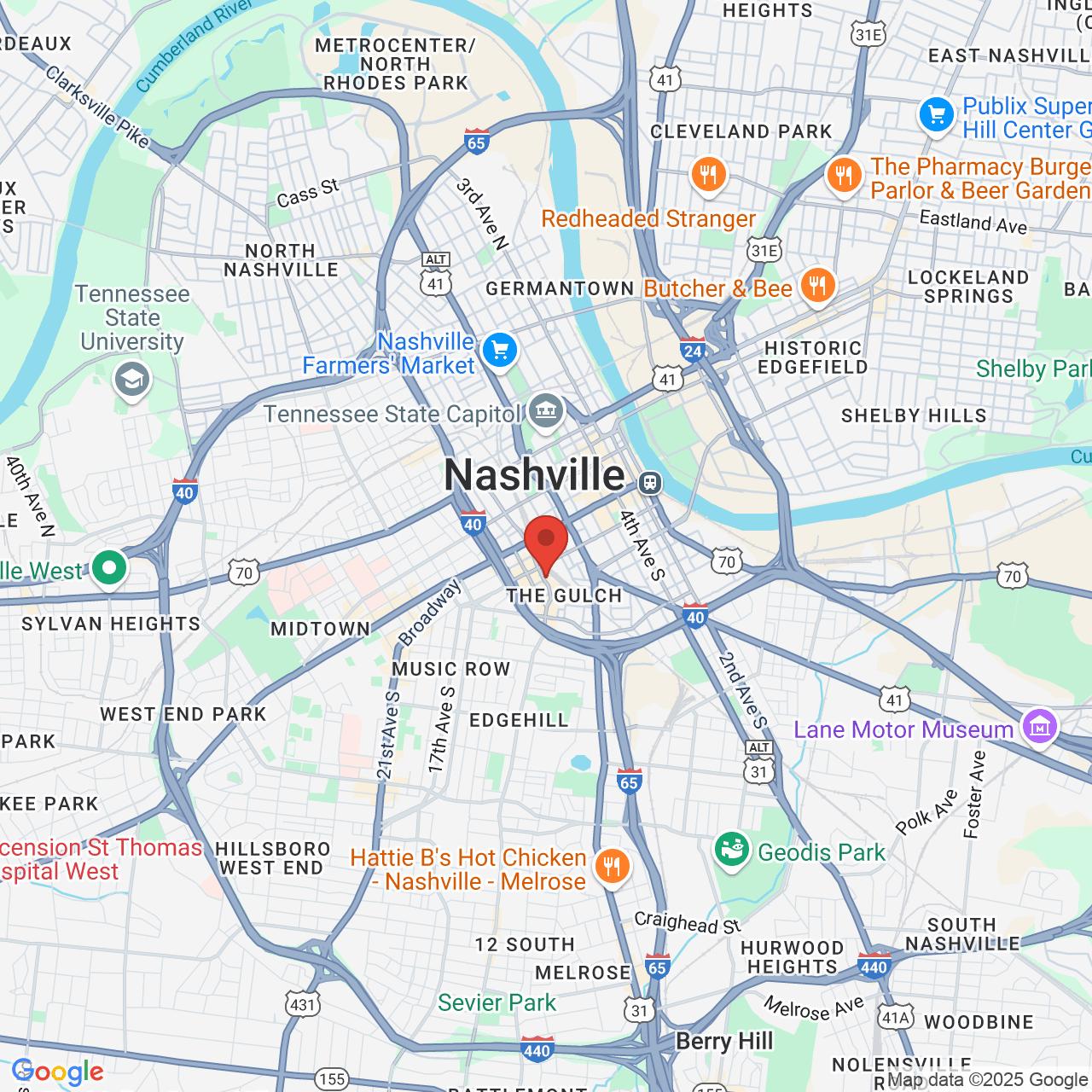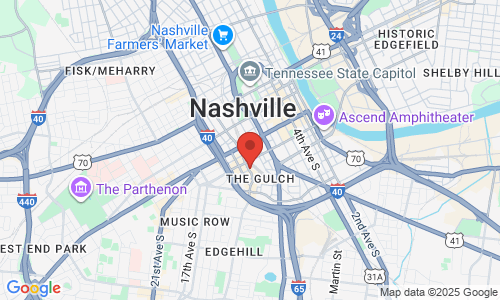TMJ Disorder Symptoms
 At Gulch Dental Studio, we can help people throughout the greater Nashville, TN area experience the benefits of great dental health and a beautiful smile. Dr. Scott Harris can treat tooth discoloration, chipped teeth, and even more advanced problems such as root canal infections and TMJ disorder.
At Gulch Dental Studio, we can help people throughout the greater Nashville, TN area experience the benefits of great dental health and a beautiful smile. Dr. Scott Harris can treat tooth discoloration, chipped teeth, and even more advanced problems such as root canal infections and TMJ disorder.
Most people have heard about TMJ disorders (sometimes just “TMJ”) but are unsure what the condition actually means. Let’s take a moment to cover the basics and discuss the most common signs and symptoms.
What Is a TMJ Disorder Exactly?
A TMJ disorder (TMD) is a problem that involves proper movement and function of the jaw joint. The temporomandibular joint (TMJ) is the joint that connects the lower jaw to the rest of your skull. This joint is extremely complicated. Just think of all the jaw motions and movements required for you to bite, chew, speak, and make facial expressions.
When the TMJ doesn’t function properly, it could mean an issue with the alignment of the joint itself, the cartilage of the joint, and/or the nerves, muscles, and soft tissues of the jaw area.
The Most Common Symptoms
The most common signs and symptoms of a TMJ disorder include:
- Clicking or popping in the jaw
- Grinding or crunching sensation during jaw movement
- Jaw pain and soreness
- Stiffness of the jaw joint
- Limited motion of the jaw joint
- Lockjaw
- Change in jaw/tooth alignment
- Ear pain
- Ringing in the ears (tinnitus)
- Sore/sensitive teeth
- Headaches
Most people will notice a clicking, popping, or grinding sensation of the jaw when they have a TMJ disorder. This is the most common and telltale sign of the condition.
Risk Factors for Developing a TMJ Disorder
In addition to the common signs and symptoms above, our Nashville dental center also tells patients to be mindful of the following risk factors associated with TMJ disorders:
- Teeth Grinding (Bruxism) - If you clench or grind your teeth, this can take its toll on your jaw joint. The stress on the joint over a long period of time will result in damage to the jaw joint that can impact proper function and movement.
- Previous Jaw Injury - If your jaw has previous been injured, you may be more likely to develop a TMJ disorder later in life. The alignment of the jaw may be thrown off by the injury, which can lead to issues over time.
- Arthritis - Joint problems such as osteoarthritis and rheumatoid arthritis can both lead to issues with the movement of your jaw joint.
What to Do When You Notice TMJ Disorder Symptoms
If you notice any of the above symptoms of a TMJ disorder, it’s a good idea to discuss these issues with your dentist. They can take x-rays and perform tests to determine the nature of your jaw joint problem and develop an ideal treatment plan.
Most TMJ disorders can be treated with minimally invasive therapies, such as bite guards and minimally invasive treatments on the joint. Only in rare instances will jaw surgery be recommended.
Learn More About Your Dental Treatment Options
If you live in the Nashville area and would like more information about treating TMJ disorders, be sure to contact a skilled cosmetic and restorative dentist. You can reach Gulch Dental Studio by phone at (615) 502-1274.








